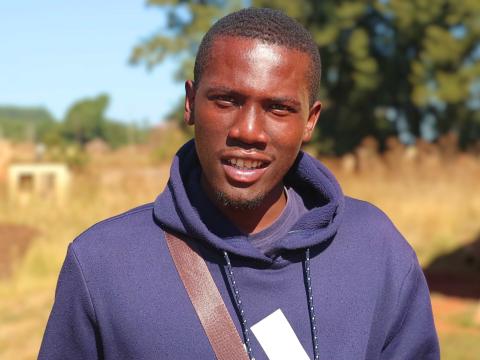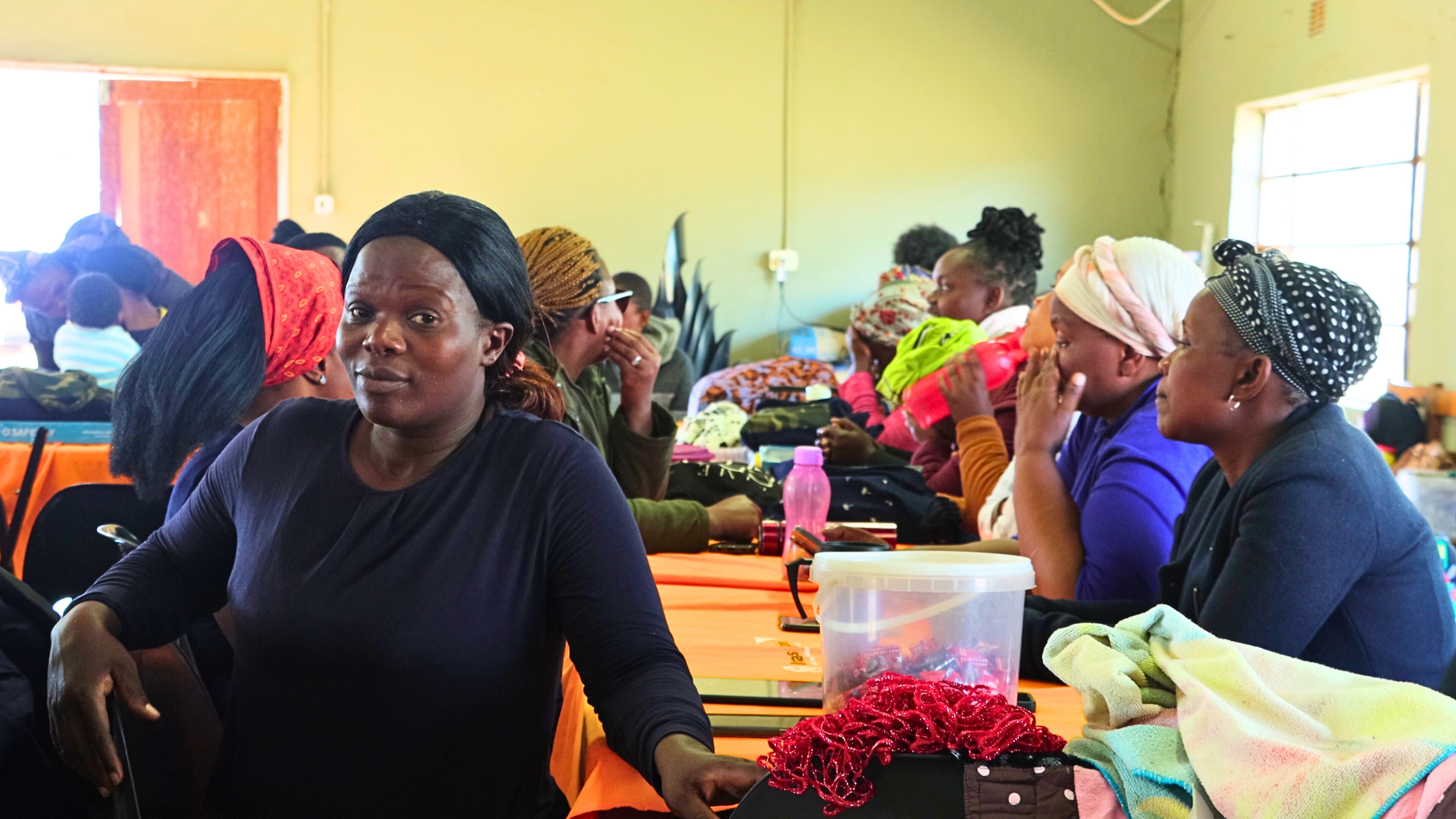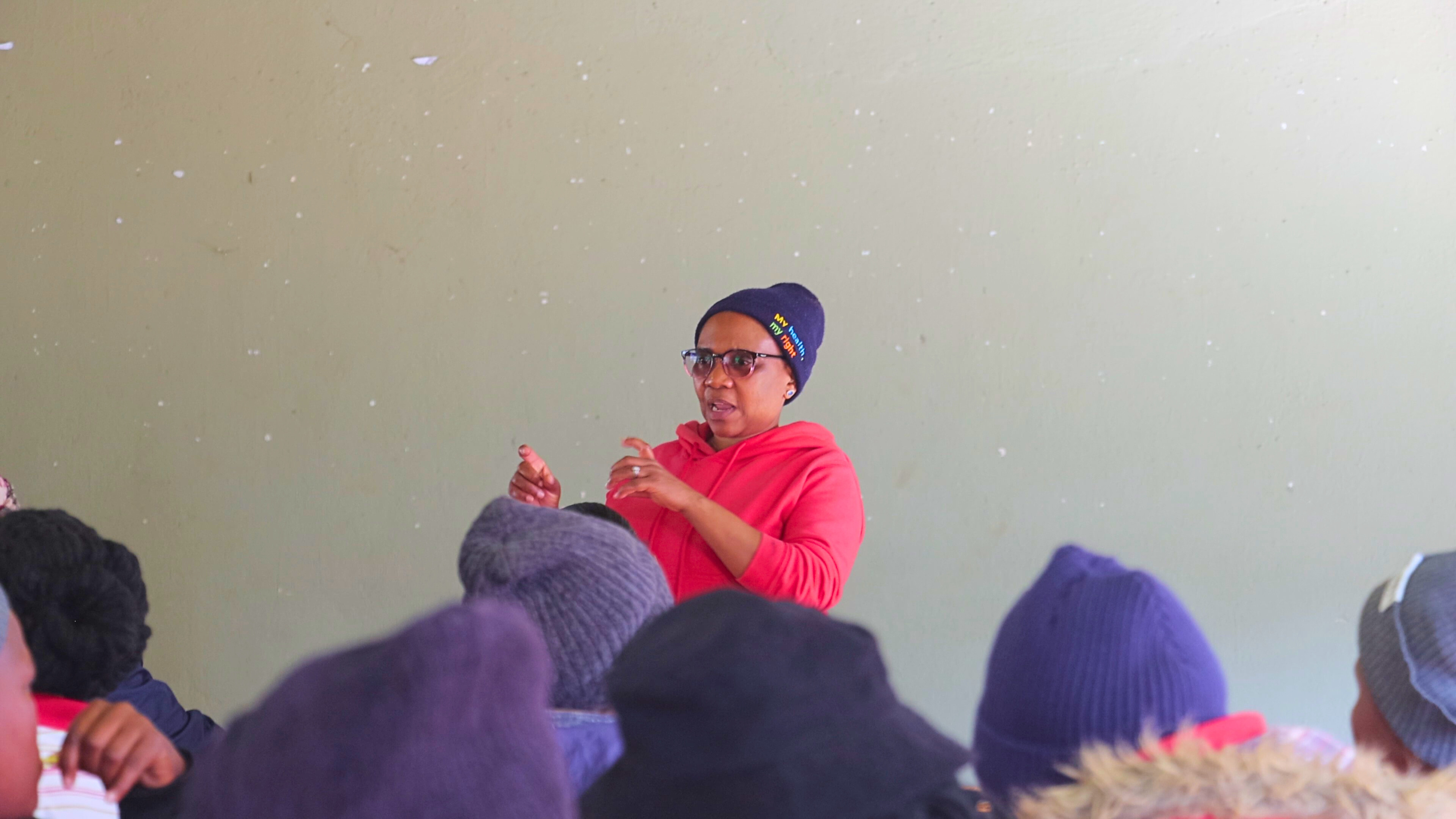Breaking Barriers: Malibongwe Becomes First Male Rural Health Motivator in His Community

Malibongwe Mhlongo from Mbilaneni community under Maseyisini Inkhundla (constituency) was the only man among a group of 50 Rural Health Motivators (RHMs) who recently completed a 12-week training supported by World Vision Eswatini, in partnership with the Ministry of Health. Historically, this important community role has been carried out almost exclusively by women; but Mayibongwe is challenging that norm.
“I’ve always had a passion for helping people,” he shared. “I noticed that many children in our community were getting sick from things that could be prevented, including poor hygiene or caregivers not knowing when to take a child to the clinic.”

In Eswatini, RHMs play a vital role in promoting health at the grassroots, including monitoring child growth, educating families on maternal and child health, and supporting communities in preventing common diseases.
“I noticed that many children in our community were getting sick from things that could be prevented, including poor hygiene or caregivers not knowing when to take a child to the clinic.”
Thanks to World Vision’s support through the Maseyisini Area Programme, Malibongwe was able to undergo extensive training alongside other RHMs. The training covered a wide range of modules, including maternal health, non-communicable diseases, environmental health, and health promotion.

Nomathemba Tsela, World Vision's Development Facilitator for Maseyisini Area Programme, noted that several communities had been without RHMs for a long time as some of them had either retired or passed on.
“Through this training, those communities will now have RHMs again,” she said. “Children will benefit from services like growth monitoring and health education, which are crucial for their development.”
Sanelisiwe Fakudze, a nurse under the RHM programme at the Nhlangano Public Health Unit and one of the trainers during the 12-week course, expressed hope that the RHMs will put their new knowledge into practice.
“The training manual we used is the same one used across the country,” she explained. “This ensures consistency in the information and knowledge being shared with communities.”

Now equipped with skills and confidence, Mayibongwe is eager to return to Mbilaneni to impart positive change. Hebelieves that by educating parents, especially young mothers and fathers, about maternal, neonatal, and child health, his community will grow stronger and healthier. World Vision Eswatini’s partnership with the Ministry of Health continues to strengthen community health systems across the country, and stories like Malibongwe’s prove that transformation begins with empowered individuals.